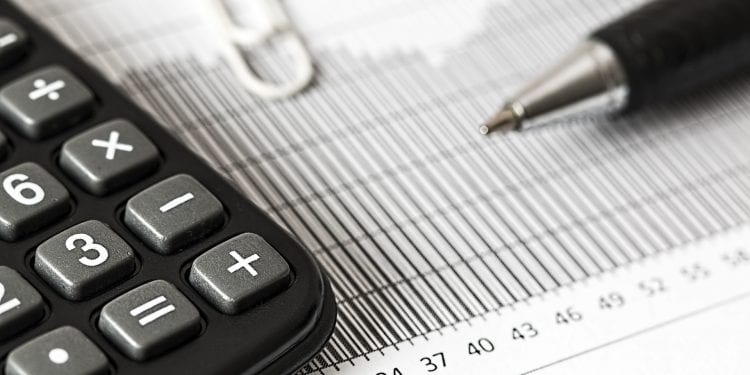This fall marks 10 years since the fall of Lehman Brothers, the worst financial crisis in our nation’s history and the deepest economic crisis our country has seen in decades. It was September 2008, when Henry “Hank” Paulson former Secretary of the Treasury and Ben Bernanke the former chair of the Federal Reserve recommended to congressional leaders that a $700 billion bank bailout was needed to save our financial system from a complete collapse.
As a result, new regulations were put in place across the financial industry and there was a renewed focus on merchant account reserves. A merchant account reserve is a set amount of a business’s money put aside by the acquiring bank as a security deposit. This safeguards the financial institution from unplanned liability. Reserves were always in play, but they became prominent during the financial crisis of 2008 as banks were trying to protect themselves from chargebacks.
Funds in a merchant account reserve are similar to equity required for a loan. Acquiring banks are essentially extending a line of credit to merchants until the chargeback time limit expires. The reserve ensures the acquirer doesn’t need to worry about suffering financial loss. Even if the merchant’s operating account doesn’t have sufficient funds to cover the chargeback, the bank won’t be liable for the transaction dispute.
If a transaction clears without a chargeback, the funds in the merchant account reserve are safe. However, if the cardholder disputes a transaction, the reserve funds could be used to repay the consumer. Reserves are essentially all about establishing risk and protection.
Although any merchant can be subjected to a reserve at any time, the 2008 financial crisis escalated the need for reserves across the industry as many processors asked for them because they felt many organizations were high-risk merchants.
The idea was a reserve account would be required temporarily at the beginning of a merchant processing agreement as part of the “approval process”, with the possibility it would be removed after a predetermined time period.
Money was then set aside in a checking or savings account under the merchant’s name.
For more than 10 years, some companies have had money sitting in a reserve. Most have either forgotten about it or have no idea it’s there until they switch processors.
In many instances, the reserve is no longer necessary. If a merchant can prove their financial state has improved, they can ask for the reserve to be returned.
We have had great success in helping companies find and recover these reserves so they can put that money back into the bottom line of the business. We’ve recovered reserves for organizations from $200- $300K.
How does it work? We’ve helped get reserves removed by examining the merchant’s risk, establishing the length of time the reserve was in place, and why it was created in the first place. Technically, the funds in the reserve are the merchant’s, but still need to be reviewed. The reserve funds are then either returned or the hold is extended.
Many customers are ecstatic to discover funds coming back from their previous processor — especially one of our customers, Chief Executive Officer of Western Communications, Inc., John Costa. We learned there was a $250K reserve put in place 10 years ago before he was chief executive of the company and worked with him to remove the reserve. It definitely had a positive impact on the company’s cash flow when the money was returned.
The market has rebounded, financial markets and cash flow have improved, and risk is lower than 10 years ago. Many companies might not even be aware they have a hangover reserve. It is definitely in a company’s best interest to find out if they do!










